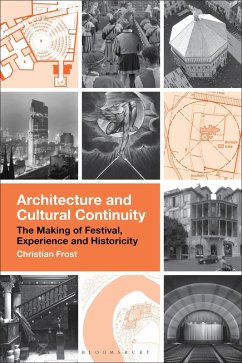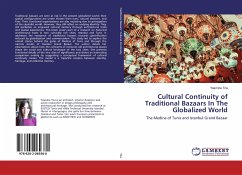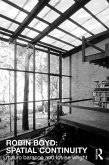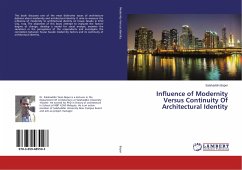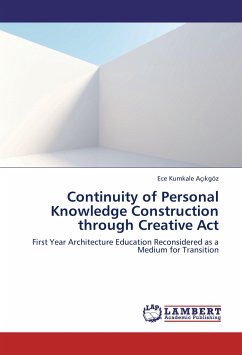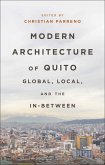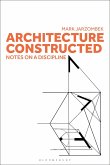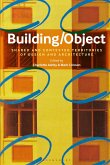"Bridging together architecture and festival, ritual and community, past and present, Architecture and Cultural Continuity provides an interdisciplinary philosophical framework for evaluating architecture as experience rather than uniquely form. Utilising primarily the Festival of San Giovanni as a site of study, establishing the importance of cultural depth to architecture, both through its participation in such ritualised events, as well as when it is the background to everyday life. Global case studies - from Turkey to Japan, and from a range of different time periods - highlight how architecture can prioritise community and belonging. Will appeal to researchers in architectural history and theory and cultural studies"--
Hinweis: Dieser Artikel kann nur an eine deutsche Lieferadresse ausgeliefert werden.
Hinweis: Dieser Artikel kann nur an eine deutsche Lieferadresse ausgeliefert werden.

